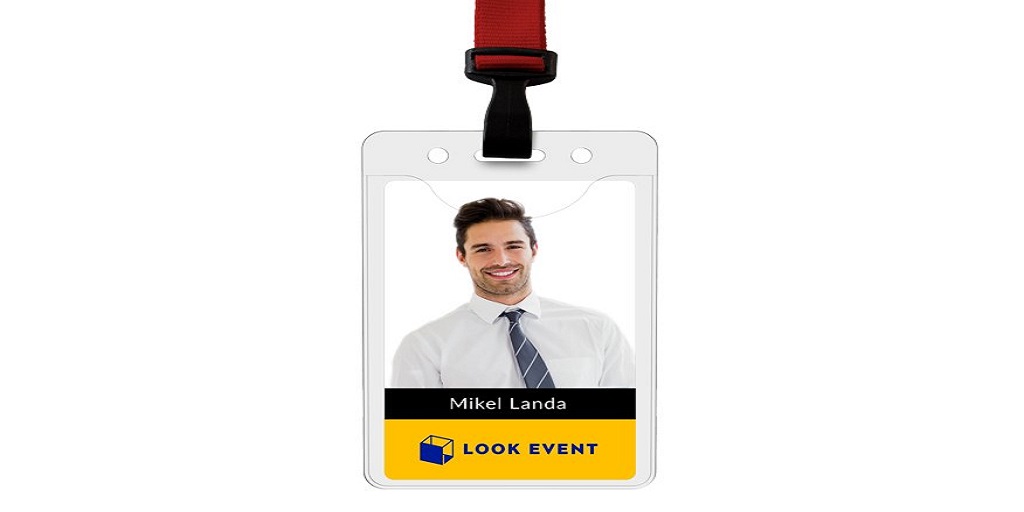Even with the onset of remote work taking some employees out of offices, workers in many industries still make the diligent commute and don the name badge each morning. There are some industries that just can’t make that transition.
Consider retail customer service, teachers, and on-site staffers. Industries like these still serve in person.
And in industries like these, employers typically outfit their staff with uniforms and name badges. But even given the small scope of plastic name badge holders – which, innocuous as they may seem, are necessary – no two are created alike.
If you have any hand in outfitting your office staff with name badges and badge holders, don’t just buy blindly assuming quality is comparable across the board.
It isn’t, especially with plastic name badge holders. Here’s what you need to know about one of the most commonly used plastics of all – PVC.
The Problem with PVC
PVC is one of the most widely used plastics in the world, and it was one of the first produced, around the year 1870. However, despite the fact that it is relatively easy and affordable to produce, it is one of the most environmentally untenable polymers in the world today.
PVC, more properly known as polyvinyl chloride, is a polymerized chain of monomers of vinyl chloride, which are made from chlorine and ethylene, the latter of which is a petrochemical.
Occasionally, however, PVC is made with other compounds and may contain heavy metals, such as cadmium or lead, which are toxic not only to human health but disastrous when released into the environment.
PVC also takes hundreds of years to break down and when it does, it releases chlorine and can release compounds such as phthalates and organotins into the environment, which are toxic.
What Is EVA and Why Is It Superior?
PVC is commonly used to make plastic badge holders because it can be made to be clear and flexible. However, select badge holders are made instead from EVA, which exhibits similar mechanical properties but a less dangerous composition.
The chemical composition of EVA also includes ethylene which is copolymerized with vinyl acetate; however, while it sounds like it’s just about as dangerous as PVC, it is one of the least harmful synthetics.
For one, it does not contain chlorine, and since with optimal combustion it can be reduced to CO2 and water vapor, it can be thermally recycled.
Where Can You Get High-Quality Plastic Name Badge Holders?
Enough chemistry for now; if you’re looking for high quality plastic name badge holders that are made from better quality synthetics that are less likely to harm the environment, visit Imprint Plus at imprintplus.com.
They carry a wide range of plastic and metal name badges and badge holders. Their PureClearTM Badge Holders, specifically, are made with an anti-print EVA material and are sealable, water-resistant, highly flexible, and durable. They’re also BPA and phthalate-free.
For more information, visit their website via the link above or get in touch with them at 800-563-2464.



